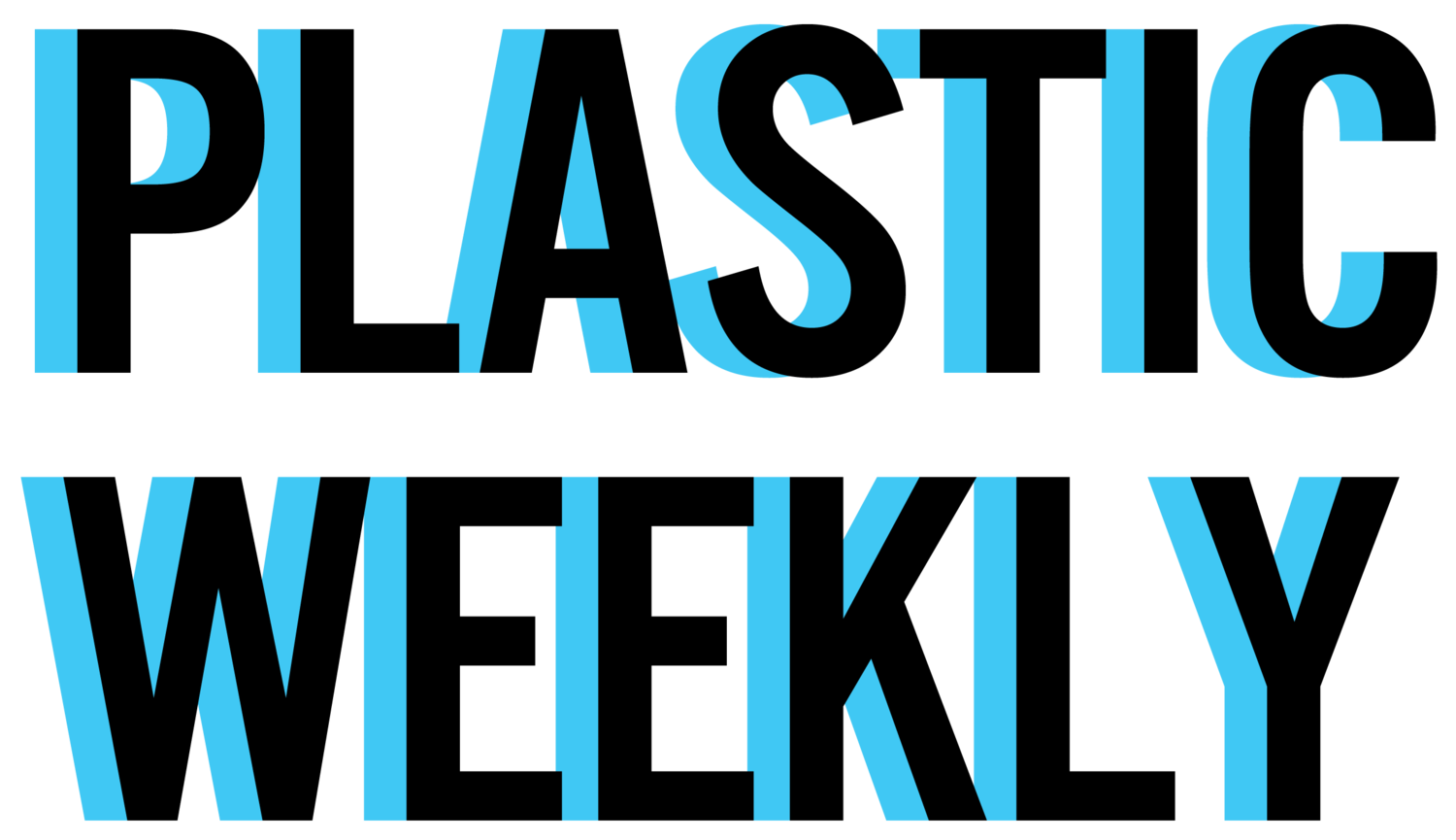Ep. 8 - Making Better Setters, Part 1: Dustin Curtis
In the first instalment of the Making Better Setters series, I talk to Canadian pro routesetter Dustin Curtis about becoming better teachers, learning something from everyone around you, and bothering the people at USA Climbing until they let you come to one of their clinics.
Dustin's Workstation
After interviewing Dustin, I took a walk around Up The Bloc to check out the facility. My favourite part (aside from the dope climbs) was this mobile workstation. Dustin described it as something the started small and keeps getting bigger as he and his crew think of things to add on to it. At the end of the setting shift, it gets wheeled into the setting room along with all of their custom hold carts. I'm pretty jealous. Click the image below to see a bigger version.
Footnotes
USA Climbing's Routesetting Committee
Gyms we mentioned:
Of Rock & Chalk in Newmarket, ON (where Dustin first learned to set)
Coyote Rock Gym in Ottawa, ON
True North Climbing in Toronto, ON
Hive Climbing in Vancouver, BC
Stone Summit in Atlanta, GA
Délire Escalade in Quebec City, QC
Up The Bloc in Mississauga, ON
Ep. 7 - Do It For The Kids
As youth climbing grows, so does the need for competitions that cater to different skill levels. In this episode, I compare notes with Canon Huse on how we've developed new competition ideas in Ontario and Texas.
Ep. 6 - Building Canada's Unlikely Supergym
How does one of the world's best gyms get built in an unknown rural Canadian town? Chair of The Boulders Climbing Gym Society Kimanda Jarzebiak tells us the story of this not-for-profit, community-driven supergym in Central Saanich, British Columbia.
Additional resources can be found at www.plasticweekly.com
Ep. 5 - A Bouldering Series for Everyone
Tour de Bloc has been Canada's favourite bouldering series for 14 years, and countries around the world are looking to it as an example of a national series that brings together recreational and pro athletes of all ages. Tour founder Luigi Montilla talks about the creation and continued operation of the TdB, and he touches on what the future may hold.
World Cup Finals Durations
In an effort to see what kind of effect the new 4 minute rule has on comps, I started compiling data on how long bouldering WC finals have taken over the last couple years. I've excluded World Championships, and I skipped the 2016 Kazo event because it ran men and women separately. I harvested these times by watching the replays on the IFSC Youtube page. These durations reflect the time between the first climbers turning to start their first climb and the last climber either matching the finish hold or falling on their final attempt. I rounded the times to the nearest minute. These durations don't include athlete introductions, problem previews, appeal times or award presentations, because the 4 minute rule doesn't change how those parts run.
The black bar represents the average duration of 1 hour and 58 minutes, while the error bars show the standard deviation of approximately 11 minutes. In total, there's a very unpredictable 45 minute difference between the shortest and longest events of the last 3 seasons. As more event are completed this year, I'll add another graph for comps that were held after the rule change. Until then, you can compare the first event in Meiringen 2 weeks ago at 1 hour and 51 minutes.
I have no background in statistics, so if you can recommend any changes or different ways to approach this info, leave a comment below!
Footnotes
Tour de Bloc website
Luigi's new gym, Up The Bloc
Luigi's hold company, Friction Climbing
2017 TdB Championships Finals - Youtube (audio has been disabled at the time of posting)
Luigi's favourite TdB memory - Youtube
Tyler's favourite TdB memory - Youtube (young Tyler was sitting on the other side of the tarp)
Ep. 4 - World Cup Growing Pains
Eddie Fowke (The Circuit Climbing Magazine), Ángel Palacio (OnBouldering) and Graeme Alderson (The Climbing Works) contribute to an episode about the growing pains associated with a sport that has more athletes, wants more viewers, and needs more money. All interviews were recorded in Meiringen, Switzerland at the Haslital Mountain Festival and Boulder World Cup on April 8-9, 2017, before the IFSC formally apologized and cancelled their streaming deal with FloSports.
Additional music provided by BIT.
http://blocsonic.com/artist/bit
Additional resources can be found at www.plasticweekly.com
Footnotes




